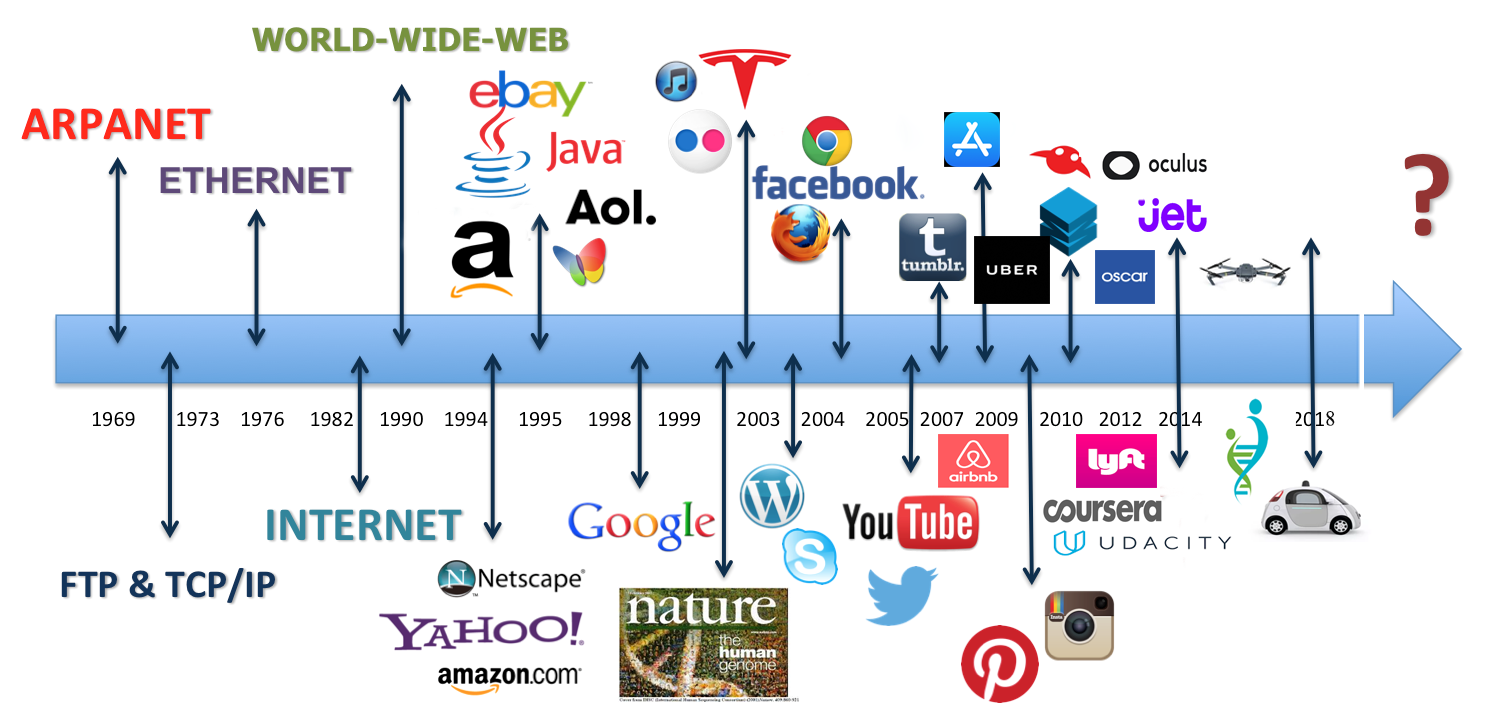

Virtually any industry could be disrupted by Uberisation, through sharing of assets and human resources. And labor market is quietly transforming traditional job structures into on-call microjobs without benefits.
The gig economy is lonely and it often turns over-educated individuals into low skilled workers. Could we develop a better platform to utilize complex technical skills, social abilities and cultural competences? Could we create a new social safety net where the new age workers can rely on each other?

Fitbits did not take over the world, but an "immersive fitness" trend is paving the way to the new gym-less future of fitness. Small accessories such as AliveCor's Kardiaband EKG reader detecting atrial fibrillation are already recognized as medical devices. Omron's HeartGuide smartwatch can measure blood pressure on the go and will seek FDA approval later this year. AI has shown its ability to screen for eye diseases and skin cancer.
The cost of genome sequencing - touted as the future of healthcare - was rapidly plummeting until we realized that the quality remains a problem and much remains to be learned. In 2018, the ambitious 100K Genomes project will be completed and the 100K Foodborne Pathogen Genome project will release more data. Technological advances made it possible to sequence pathogen genomes rapidly with portable devices such as MinION. As two landmark technologies of genome editing and immune engineering - CRISPR/Cas9 and CAR-T - had critical milestones, there will be new and exciting advances in gene therapy.
The health industry is poised to enter the next phase of digitization: a phase of hyper-personalization. Hyper-personalization already infiltrated social networks contributing to political polarization. It might lead to mixed results in retail - that hopes to use ur biometric data for better sales. But the more personalized and precise healthcare is, the better it is for all of us.
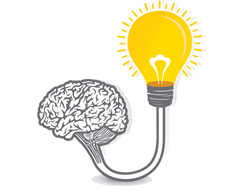
It will be even more challenging to succeed as an entrepreneur. Big business will continue to getting bigger, swallowing up the resources, market share, and consumer support that used to be more evenly distributed among all types of companies.
But the stars may be aligning up for new breakthroughs, entrepreneurs will rise up, come up with new ingenious ideas and be the driving force behind economic growth.

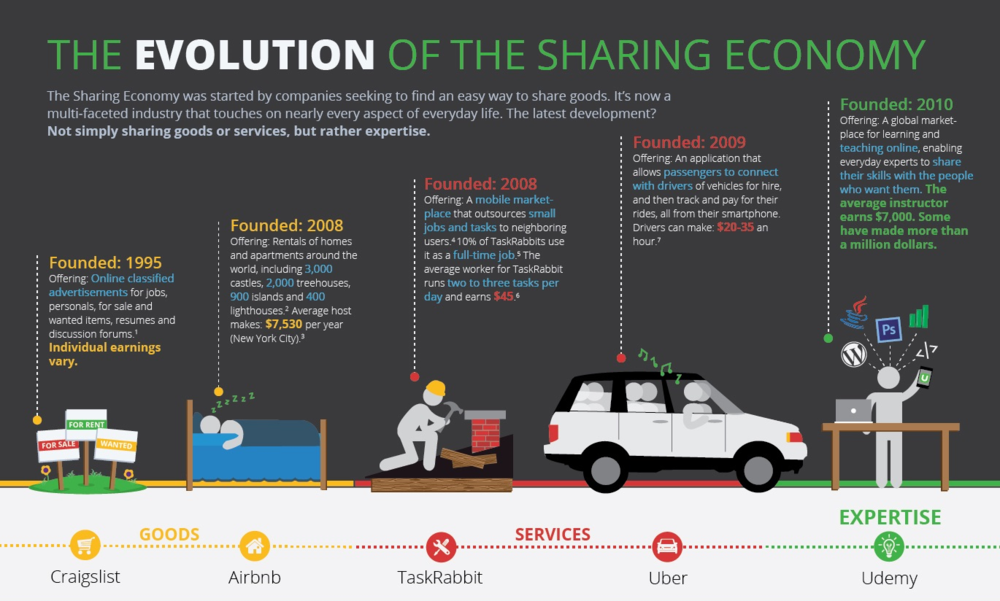
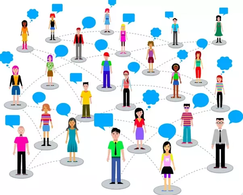
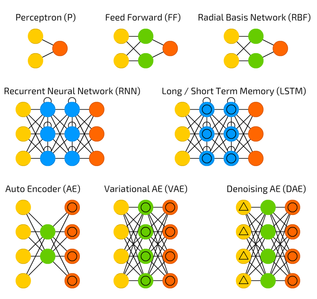
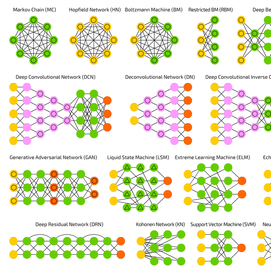
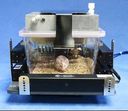
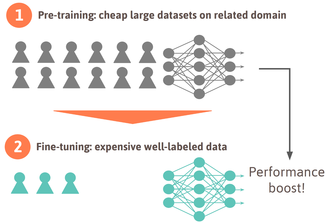
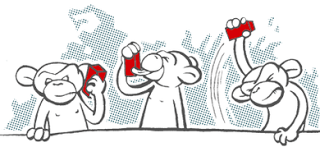

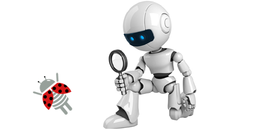
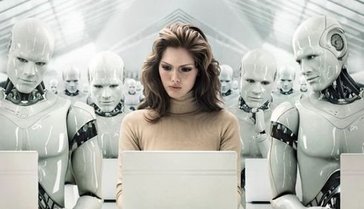

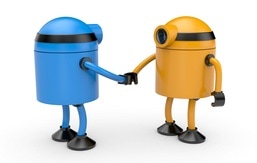
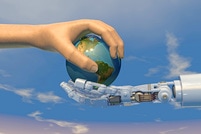
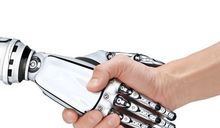
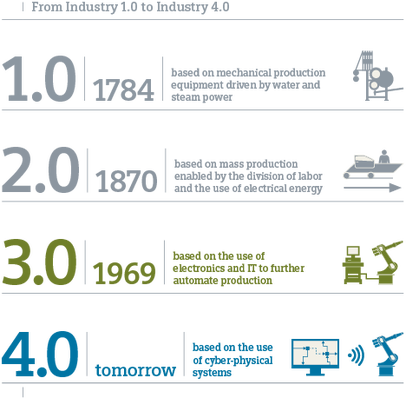

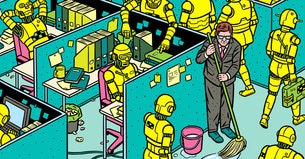
 RSS Feed
RSS Feed
